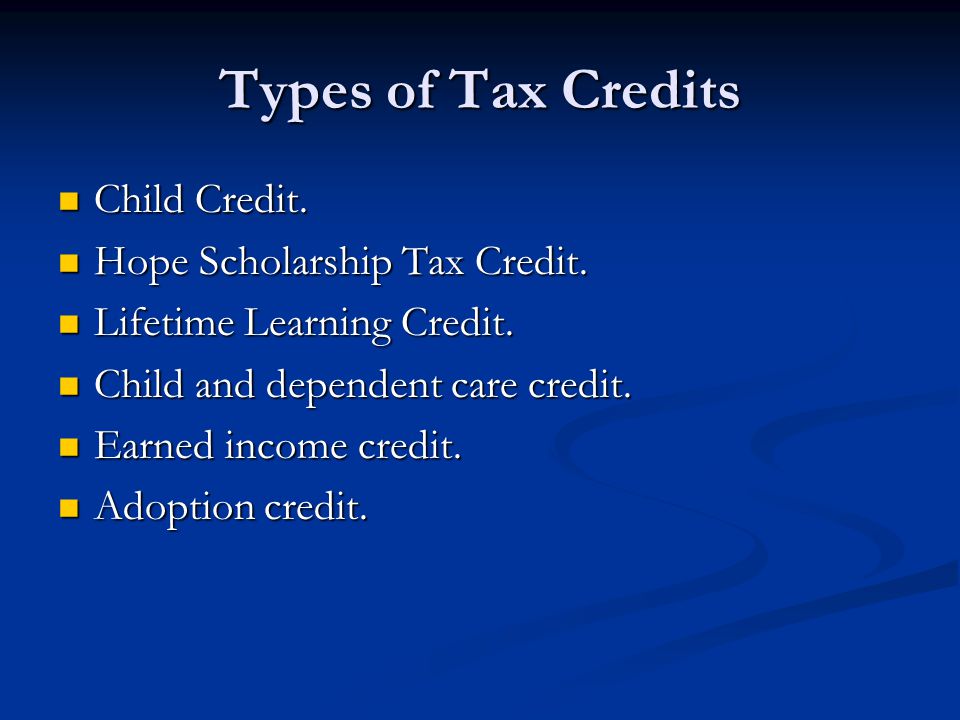
A tax deduction is any financial transaction that reduces your income taxable. It is usually due expenses that are used to generate additional income. This is a form of tax incentive. You can deduct interest paid on investment loans, for example.
Itemized deductions
Itemized deductions from tax can be used to reduce taxes owed to government. These are typically higher than standard tax deductions. You can also deduct more if you have more income. But, itemized deductions can be dangerous because they have certain limits.
For example, the first $750,000 loan will be exempt from mortgage interest and points. The mortgage lender will mail a Form 1098 to you, detailing the amount of interest and points that are deductible. A common deduction is the state and local taxes. However, they are limited to $10,000. Depending on your circumstances, you may not be able to itemize if you've made a significant charitable gift or had a major medical event.

Standard deduction
The standard deduction is how much money you can deduct from your federal tax returns. It lowers your taxes and saves you valuable time. The decision to itemize deductions or use the standard deduction will depend on your particular circumstances. You can consult a tax professional to determine which one is the best.
The standard deduction, which is a fixed amount used by the government to reduce taxable income, is an amount that's set by governments. In the United States, this amount varies depending on your filing status, age, and dependent status. For example, people who are blind, 65 or older can claim an extra standard deduction.
Tax exemptions
Exemptions from tax are one way to lower your tax bill. These can be above-the line or below-the line deductions. These are from expenses that reduce the adjusted gross income. Because they pay the highest taxes, the higher-income taxpayers receive the most benefit.
Tax exemptions are important to know about because they can significantly reduce your tax liability. You should take advantage of them when you can, especially if you're in a pinch this year. It will make it easier to prepare for the next tax season by knowing which ones your qualify for.

Interest paid on investment loans
An individual who borrows money can claim a tax deduction to deduct interest on investment debt. The interest on investment debt is generally deductable up to 30% before depreciation or amortization. The amount of interest an individual can deduct depends on whether they used the money for investment purposes or personal reasons.
There are however a few exceptions. If you borrow money to invest in your home, for example, you can convert the loan into acquisition credit if the proceeds are used for major home improvements. However, you still have the option to deduct investment interest if your taxes are itemized. The limitation is that this deduction can only be claimed one year. Any excess amounts will be carried forward for future years.